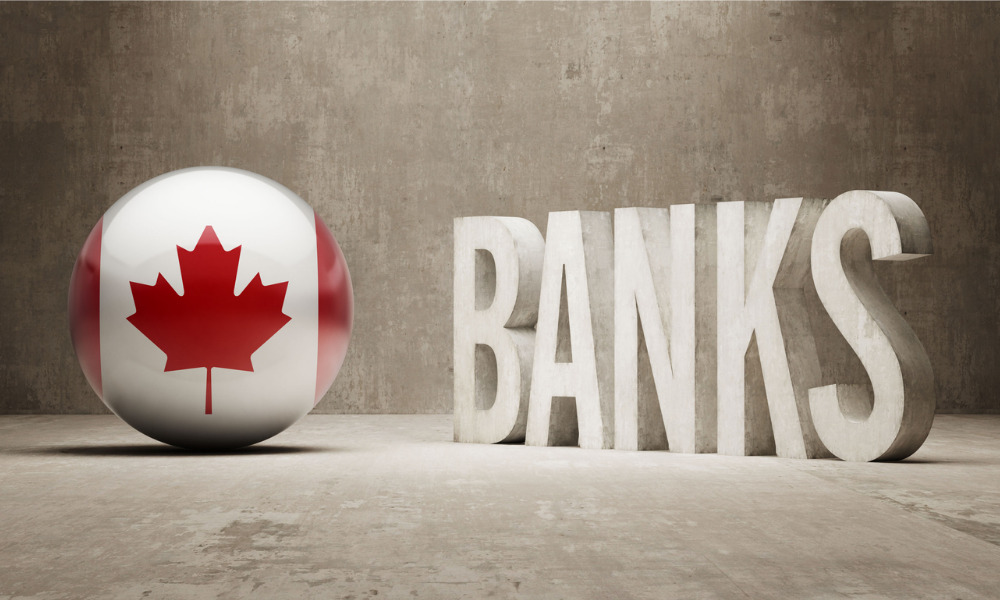Federal government acts on dealings between people with illegal ties with convoy protests

Experts say banks are in an uncomfortable position to enforce the Emergencies Act.
The federal government’s Emergencies Act may be forcing banks and other financial institutions to take action on account owners suspected of participating in or providing funding to an illegal protest but who have yet to be formally accused.
Financial institutions, ranging from banks to payment processors to insurers, can stop doing business with people suspected of being involved in nationwide convoy protests, either directly or indirectly. That’s according to regulations outlined in the Emergencies Act, which were published in the Canada Gazette.
As reported on BNN Bloomberg, the steps were employed to compel activists to terminate their sit-ins in Ottawa, which had lasted over a month.
Andreas Park, a finance professor at the University of Toronto, believes that Canadians have a "basic right to engage in the economy," but that the new restrictions obstruct due process, leaving law enforcement to the private sector.
"What we're doing is we're taking people who have not been charged with a crime and we're threatening them with financial ruin. It strikes me as the mob rule," Park added.
Stephen Williamson, the Stephen A. Jarislowsky Chair in Central Banking at Western University, voiced concern regarding the duration of the Emergencies Act's restrictions that empower private firms.
"You're asked to trust the government that this is actually a dire emergency that requires this kind of extraordinary measures," Williamson said. "There's a question on how you trade off the need for extra-legal enforcement against the potential errors or misuse that could be made of the Emergencies Act."
Government officials told reporters that if persons with no ties to the protests had their accounts stopped, they should contact their bank, which would take additional steps to verify their identities. Trading platforms or other payment providers would also be required by the Emergencies Act to notify any suspicious transactions done using cryptocurrencies, especially those exceeding $10,000, according to government authorities.
The Financial Transactions and Reports Analysis Centre of Canada (FINTRAC) routinely flags cryptocurrency payments that are suspected of being used for money laundering or terrorism financing.
While most cryptocurrency transactions are done anonymously to escape regulatory scrutiny, Williamson claims that because nearly all retail transactions are made using fiat currency such as the Canadian dollar, that anonymity is lost the instant any bitcoin is turned into cash.
"Whoever is running this protest operation, they have to make purchases with Canadian dollars," he said. "The money has to find its way back into the financial system and then that transaction would be flagged as suspicious and you're back to square one."
Representatives from Canada's largest banks have asked the Canadian Bankers Association (CBA), an industry trade body, to comment on the Emergencies Act.
Mathieu Labrèche, CBA spokesperson, told BNN Bloomberg that banks in Canada follow all laws and regulations to help defend the country's financial system's integrity.
"All financial service providers, including banks, covered by the federal Emergencies Act will need to diligently implement the required measures, as stipulated by the government in the corresponding Emergency Economic Measures Order, which are not expected to impact the vast majority of customers,” Labrèche wrote in an email to the news outlet.



